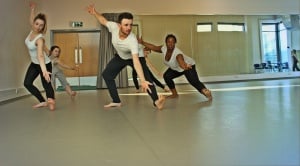
Arts Award and the Cultural Education Challenge
BY: Alan Lynch
02 Nov 2015
Arts Council England recently launched The Cultural Education Challenge, an initiative aimed at encouraging a cohesive, joined-up approach to arts and cultural education across all sectors. It is a call for all arts, cultural and education organisations to work together to ensure that all young people are given the best arts and cultural education possible.
As Arts Award is being successfully delivered by advisers in all sectors it can play a large part in contributing to The Cultural Education Challenge’s success, and this week we’re going to discuss how.
What is The Cultural Education Challenge?
In their FAQs, Arts Council England state that
‘We believe that every child should be able to create, compose, and perform in their own musical or artistic work. They should all be able to visit experience and participate in extraordinary work, and be able to know more, understand more, and review the experiences they’ve had.’
The vision for how this will be achieved involves anyone who works with young people in arts or education to work together, sharing opportunities and good practice, so that provision is consistent wherever children engage with the arts. Arts Award is not only a great way to open these arts experiences up to young people, but one which offers organisations the opportunity to build links with others.
Every child should be able to create, compose, and perform in their own musical or artistic work
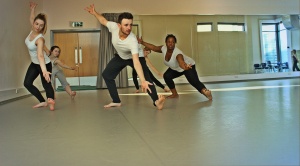
Practical experience plays a crucial part in Arts Award as it allows young people to find out which art forms appeal to them, introducing them to new skills and developing existing ones. Creating, composing or performing are present to some degree at every level of Arts Award, offering young people the chance to enjoy their own creativity.
Every child should visit, experience and participate in extraordinary work
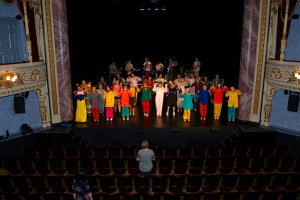 Participation forms an important part of Arts Award and is built into each level. As well as developing their own skills, young people need to engage with the wider arts world. This could be in Explore Part C, where young people should explore the work of artists and arts organisations, experiencing arts events and researching the people and groups who provide them. Or in Silver Unit 1 Parts C and D, in which young people attend arts events and work alongside practitioners to learn more about what they do. These experiences can involve any artist and arts organisation, exposing young people to the full range of arts and cultural opportunities available to them both as audience members and participants.
Participation forms an important part of Arts Award and is built into each level. As well as developing their own skills, young people need to engage with the wider arts world. This could be in Explore Part C, where young people should explore the work of artists and arts organisations, experiencing arts events and researching the people and groups who provide them. Or in Silver Unit 1 Parts C and D, in which young people attend arts events and work alongside practitioners to learn more about what they do. These experiences can involve any artist and arts organisation, exposing young people to the full range of arts and cultural opportunities available to them both as audience members and participants.
Every child should be able to know more, understand more, and review the experiences they’ve had
Reviewing their achievements and experiences is something else young people will do as part of Arts Award. Only by reflecting on what they’ve participated in can young people develop their skills and knowledge. In Bronze, for example, young people have to summarise or reflect on their experiences in each part. This reflection allows young people to think honestly about their experiences and identify areas they’d like to explore further and gain a greater understanding of.
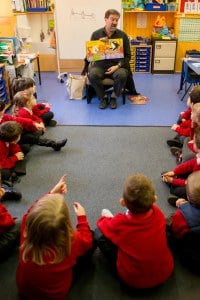 Participation across the arts, cultural and education sectors
Participation across the arts, cultural and education sectors
While it isn’t essential for advisers to contact other organisations while delivering Arts Award, you do have a chance to forge the sorts of links aimed for by The Cultural Education Challenge!
Young people completing their Arts Award are encouraged to experience or research artists, arts organisations and events at various stages along the way. This is where many centres have taken the opportunity to get in touch with other organisations, often outside their own sector. Take two of our 2015-2016 Good Practice Centres for example. Towner Gallery work with fellow Arts Award Supporters to widen the arts opportunities available to young people completing Arts Award with them. Many of these young people are referred to Towner by a local college, and Arts Award has been delivered to great success. Or Falinge Park High School, who have made contacts with local and regional arts organisations to bolster the range of experiences available to young people, but they have also led to more lasting opportunities such as ongoing workshops and work experience places beyond school.
Arts Award encourages young people to explore the wider arts world. By supporting this you also have the potential to build links and partnerships that can continue to benefit young people after their award is finished, and get on board with The Cultural Education Challenge!
Related posts
BY: Guest Writer
BY: Guest Writer

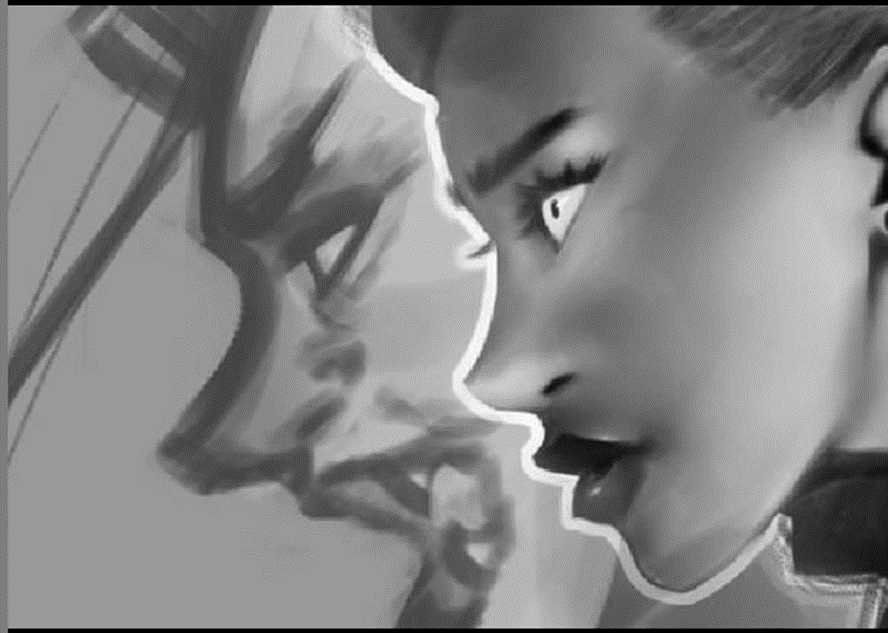
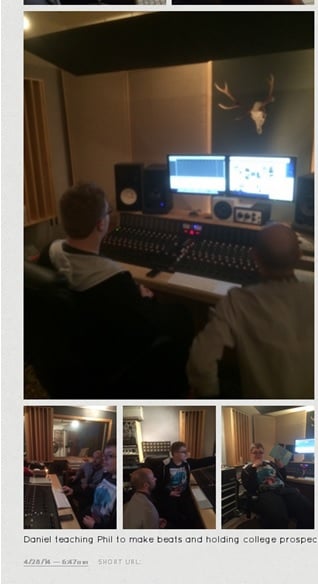
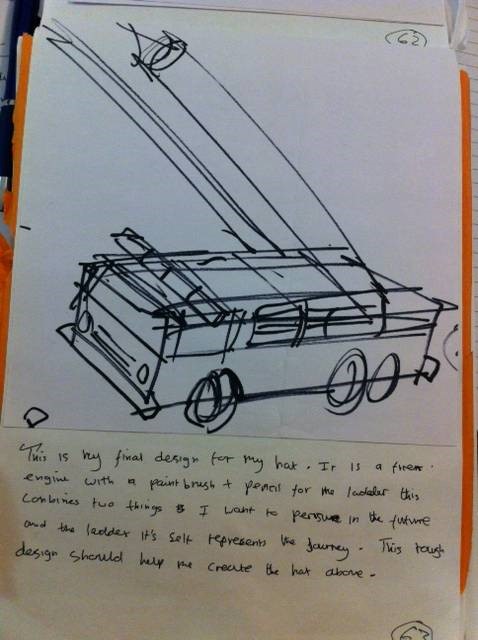
Comments & Replies